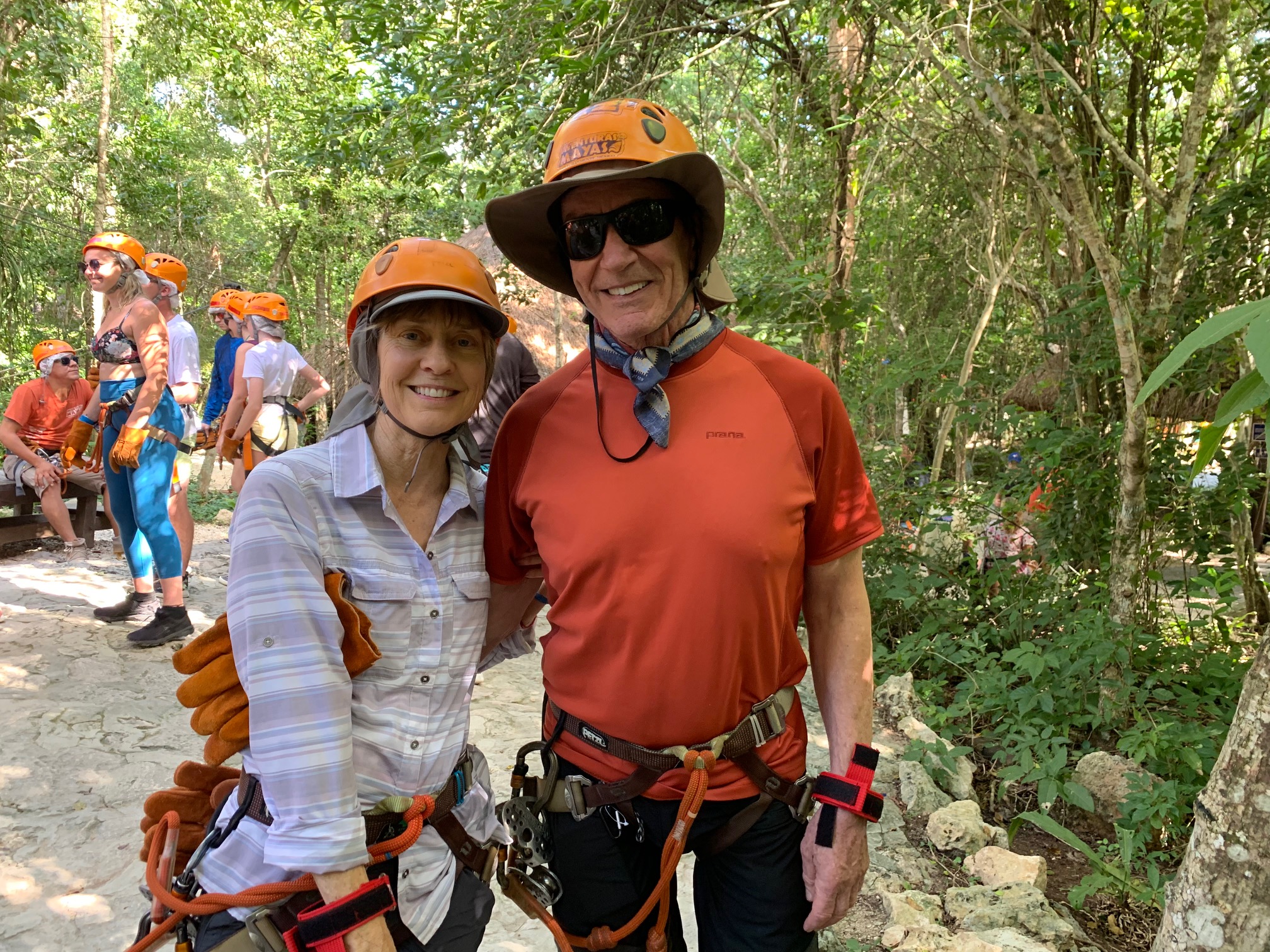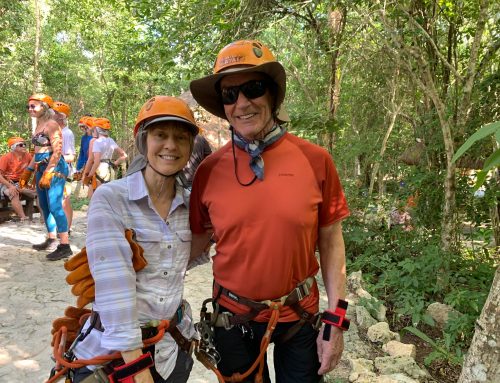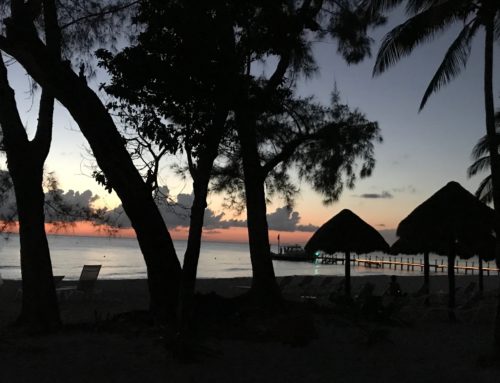In the last years of my mother’s life, when she developed vascular dementia, I found myself wondering about my ability to cope. Caregiving is exhausting work and even though I loved my mother dearly, I was still triggered by her decline. Also, since we were so alike, I could see how aging might affect me, and this was both educational but also very emotionally fraught. So can I expect my body to look like hers? (absolutely). Will I lose my marbles? ( probably). Will I have any choice in the caregiving and dying process? ( I may have some control over decision making while I still have my marbles).
So even though we cannot escape aging and death, we can talk about our fears and prepare in a more conscious way for transitions. In this culture where youth reigns, and STAYING young is primary (we Baby-boomers are particularly preoccupied with this), it is necessary to gather resources and prepare for the inevitability of aging. Granted, we could see this as really negative , or we could follow the “both/and” strategy of both planning for the inevitable and still enjoying our present “one wild and precious life” (from the poet Mary Oliver).
There is more research out there about the connection of anxiety and depression to the development of dementia. The conclusion seems to be; get a handle on these two conditions and support mental health as a preventative strategy. The AARP bulletins and magazines are worth reading for updates. When I found myself floundering with my mother, I attended a series of about four classes with the Alzheimer’s Association, who is very generous in giving materials and resources and relies on volunteers who have experienced caregiving, to educate and support. I found these classes with others in the same boat as me, invaluable. For instance, I learned how not to try to correct my mother for her delusional remarks but to join with her and validate her struggle to make sense of her confusing surroundings.
Finally, the aging brain still does need new challenges and inspirations. Our brains are a muscle too, which needs to be exercised. My husband and I went Zip-lining with the grandkids this Thanksgiving and had a wonderful time. We also resolved to learn the Spanish language after being hosted by such warm and generous folks in our neighboring Mexico. This learning a new language attracts us more than a Sudoku crossword. Wealth management advisors talk about the ‘Go-go’ years where seniors can still travel and entertain a “bucket list”; this is followed by the’ Slow- Go’ years where apparently we spend more time locally and have more medical appointments; then there are the ‘No- go’ years where apparently seniors are more housebound and dependent…we shall see how all this transpires for us!






Leave A Comment